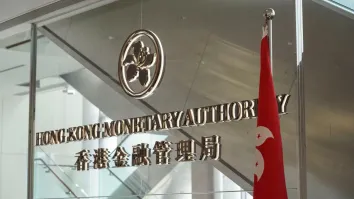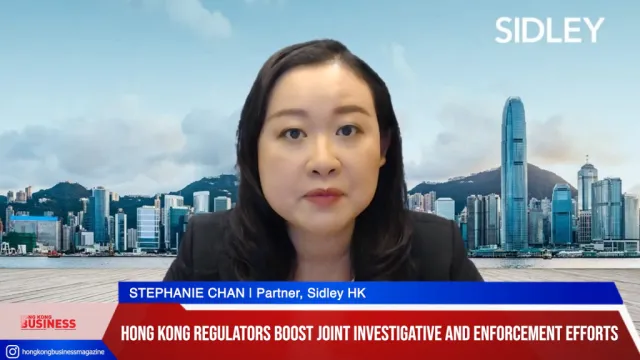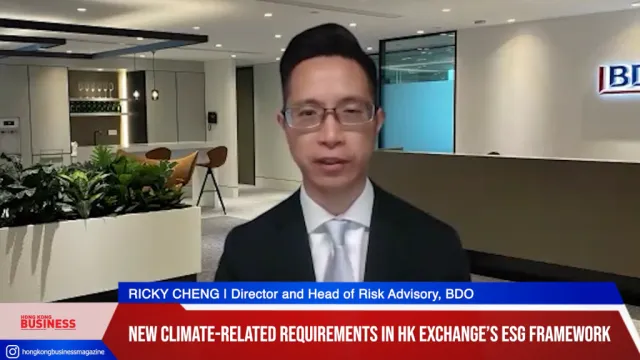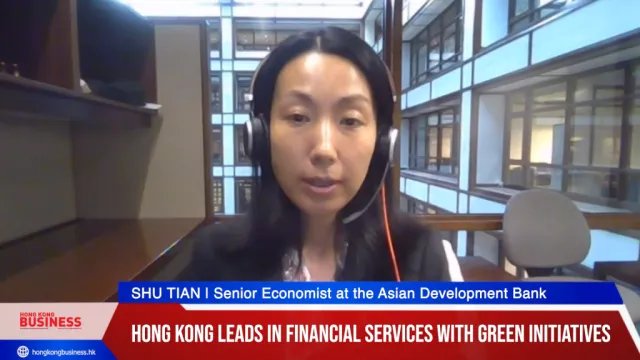
Major property-related threats stem from CRE and contagion risks: Fitch
But will mortgage loan quality remain sound?
Fitch Ratings expects the quality of Hong Kong banks' mortgages to remain benign.
According to a release from Fitch Ratings, it believes that gradually rising interest rates will have a limited impact on borrowers' interest burden.
In addition, the Hong Kong Monetary Authority's (HKMA) seven rounds of macro-prudential measures protect banks against price shocks. Unemployment will be an important driver for credit losses, but Fitch expects this to remain low.
Here's more from Fitch:
Fitch believes that the major property-related risk stems from commercial real estate (CRE) and contagion risks. CRE is more vulnerable than residential properties to a slowdown of the economy, as Hong Kong's retail sales outlook remains lacklustre. We believe that a significant portion of CRE lending is China-related, while office demand may be supported by Chinese companies coming to Hong Kong.
We believe there is significant contagion risk as a large proportion of lending to small and medium-sized corporates is secured by property collateral. Property-related sectors account for 18% of GDP and a large share of individual wealth. In addition, banks' property revaluation reserves represent 11% of Fitch-rated banks' Fitch Core Capital.
Our ratings reflect the expectation that mortgage loan quality will remain sound, with moderate mortgage growth in 2016 compared with 9% in 2015 - and just a modest increase in mortgage NPL ratios and loan impairments, notwithstanding a likely more noticeable increase in negative equity loans. Key drivers for higher arrears would be a sharper-than-expected economic downturn and higher unemployment.
The major drivers of continued demand from China amid rising economic integration, limited housing supply, low albeit rising interest rates, steady economic growth (2014-2017F: 2.5% per year) and a stable labour market remain unchanged. This would be despite a broader economic slowdown and some early signs of a weakening in the property market.
Risk factors include stretched affordability and high LTV mortgages - both being vulnerable to a sharper-than-expected economic slowdown - and a risk-averse attitude towards the property sector as well as China which could lead to substantial fund outflows. System-wide property loans stood at a moderate 11.3% of assets at end-1H15 (Singapore: 28.2%). The banks with above-average concentration include Hang Seng Bank Limited (24% of assets), Standard Chartered Bank (Hong Kong) Limited (23%) and OCBC Wing Hang Bank Ltd (23%).



















 Advertise
Advertise






